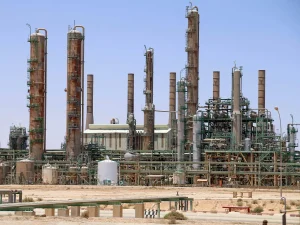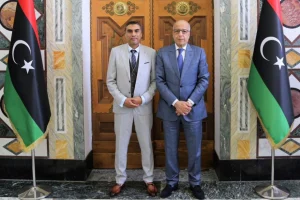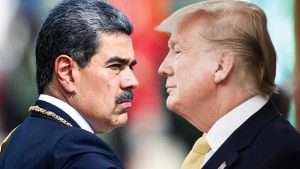Algeria now turns to China to boost trade, help BRICS bid

Algerian President Abdelmadjid Tebboune began a state visit to China on July 17th, with both economic and diplomatic priorities as the North African nation looks to become less gas-dependent and raise its global profile.
Algeria has big ambitions both to develop economically but also to spread its wings geopolitically on the African Continent with so-called “soft power” that its neighbour Morocco enjoys with francophone African countries.
The visit follows Tebboune’s trip last month to Russia, a long-time partner and military provider, although Algeria has remained officially neutral in Moscow’s war in Ukraine. Tebboune spent two days in Qatar before landing in Beijing on July 17th. A large delegation accompanied Tebboune to China, reflecting a drive for deeper cooperation beyond the economy.
Tebboune is also looking for concrete support for Algerian membership in BRICS, an economic bloc that includes both China and Russia as well as Brazil, India and South Africa, which is hosting a summit next month. The collective was founded in 2009 when the member countries were seen as the potential engine for future global economic growth.
BRICS membership has become a diplomatic priority for Algeria with the upending of the global economy, notably due to the war in Ukraine. While in Russia in June, Tebboune offered to help mediate in the conflict.
China and Russia are Algeria’s strategic allies and major partners in various sectors. Russia has been the main arms supplier for Algeria, representing over 70% of the Algerian army’s weapons. In 2012, China overtook France as the leading investor in the country.
Trade and economic exchanges between Algeria and China have seen a steady growth over the last two decades, jumping from one billion dollars at the beginning of the century to some nine billion dollars in 2020.
China was also a dominant player in the majority of government investments launched by Algeria between 2000 and 2014. It undertook the completion of housing and infrastructure projects, the east-west highway and some dams and public facilities. However, in recent years its role has declined after the economic crisis that hit Algeria hard after the summer of 2014, forcing the North African country to reduce the pace of government investments and even freeze some of them.
Furthermore, China has made significant investments in Algeria’s transportation and logistics infrastructure, such as El Hamdania Sea Port Project in Cherchell and the Thenia-Bordj Bou Arreridj Double Rail Line.
AP/Arab Weekly
Want to chase the pulse of North Africa?
Subscribe to receive our FREE weekly PDF magazine













